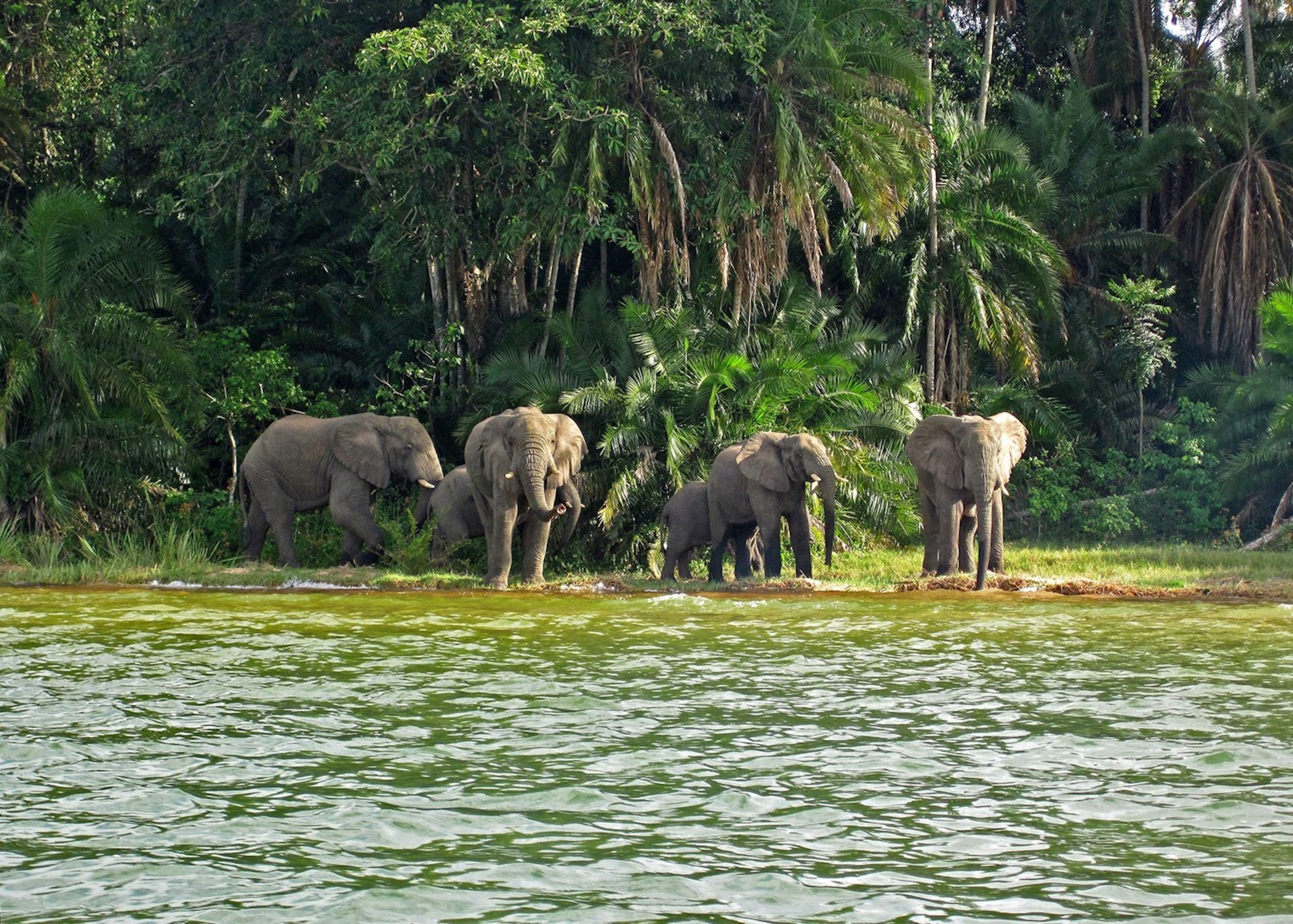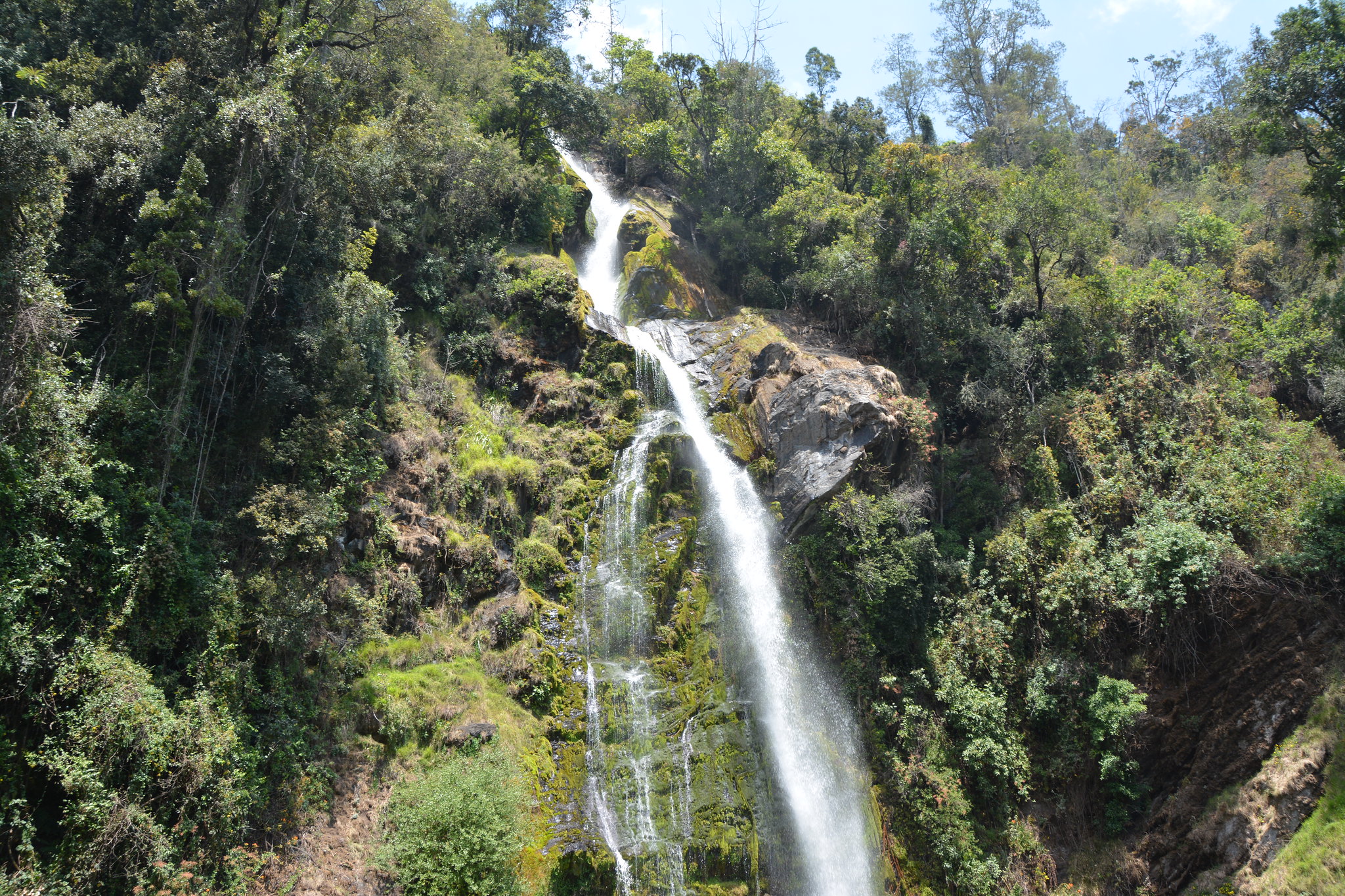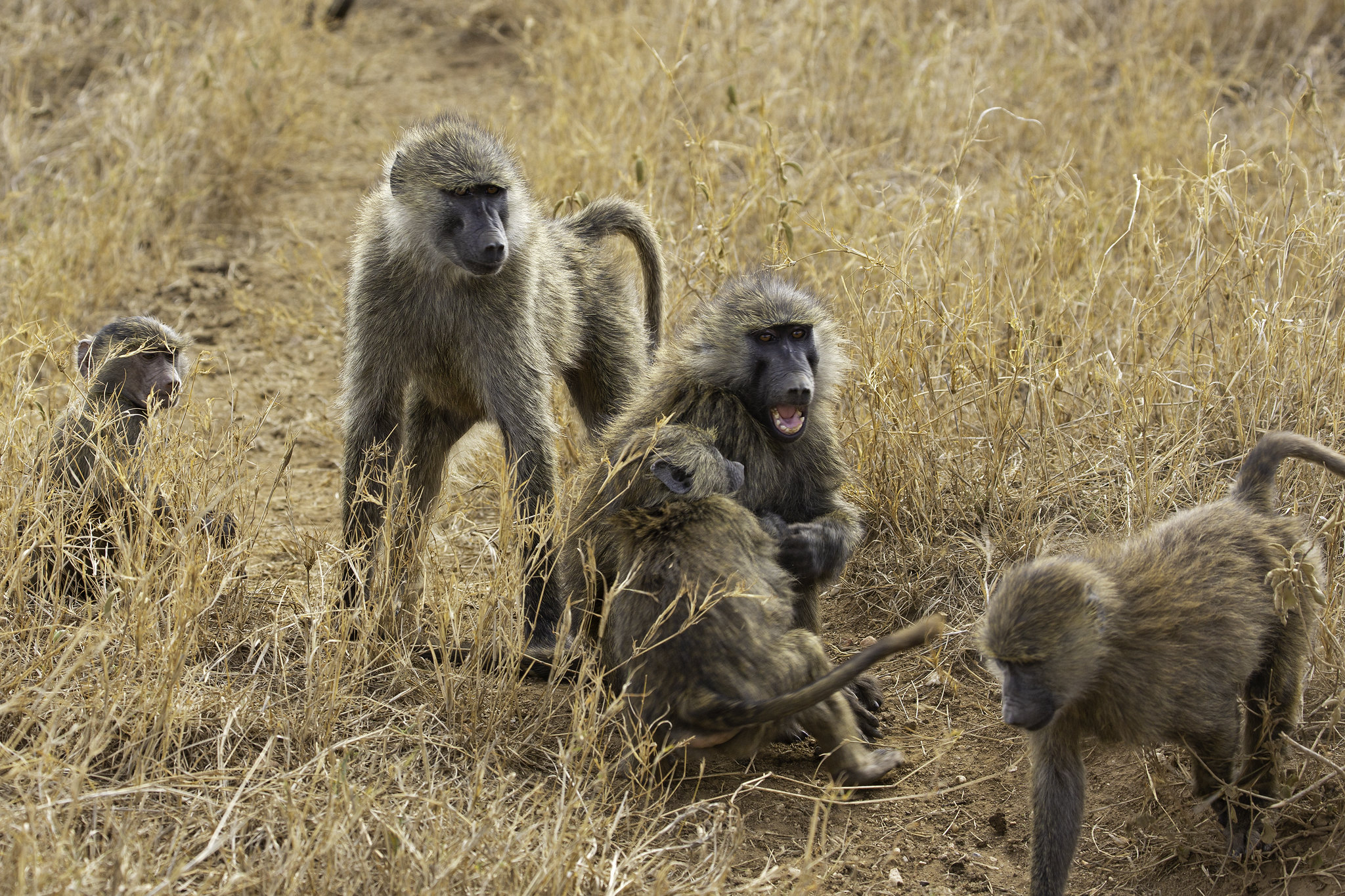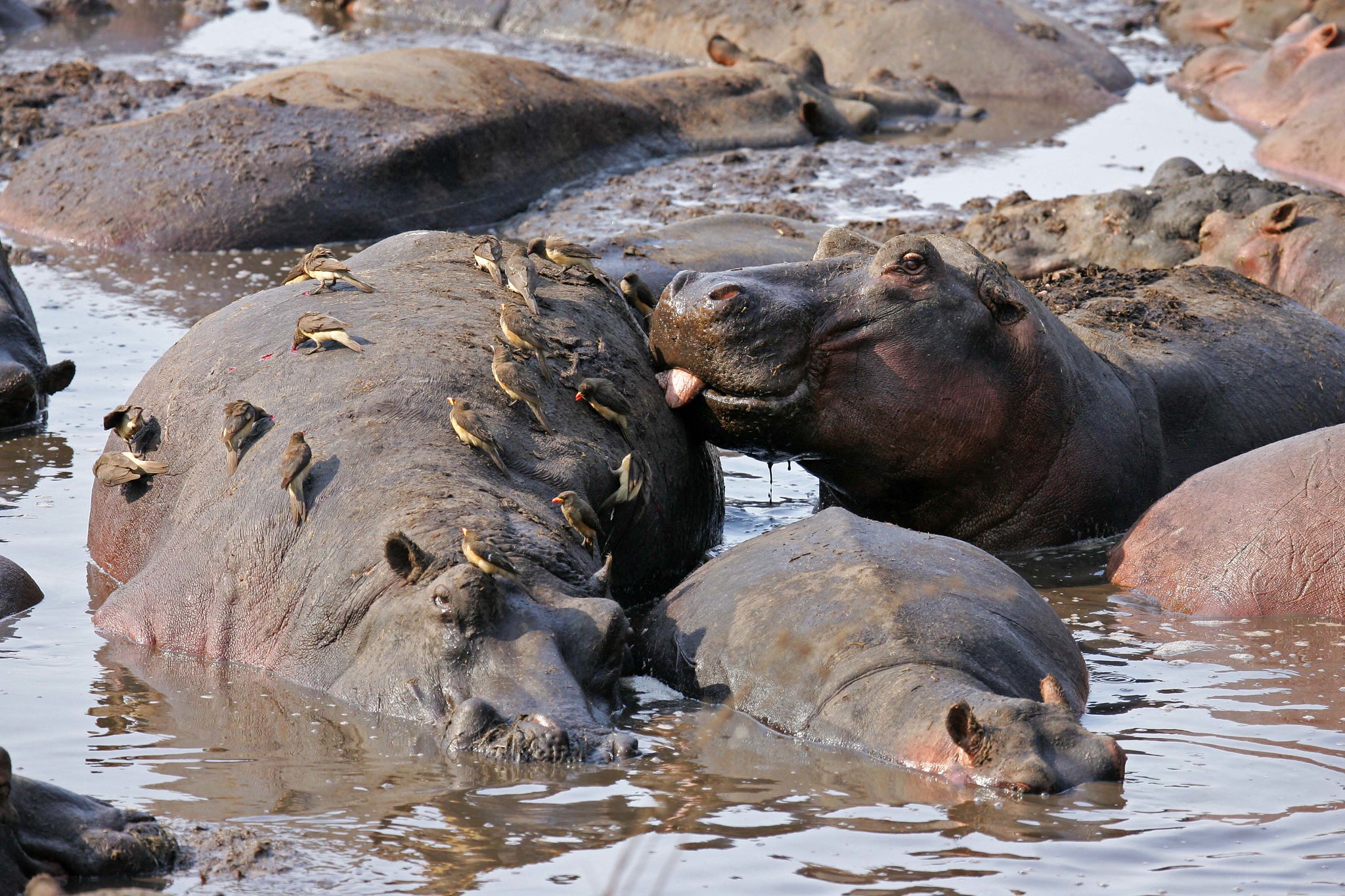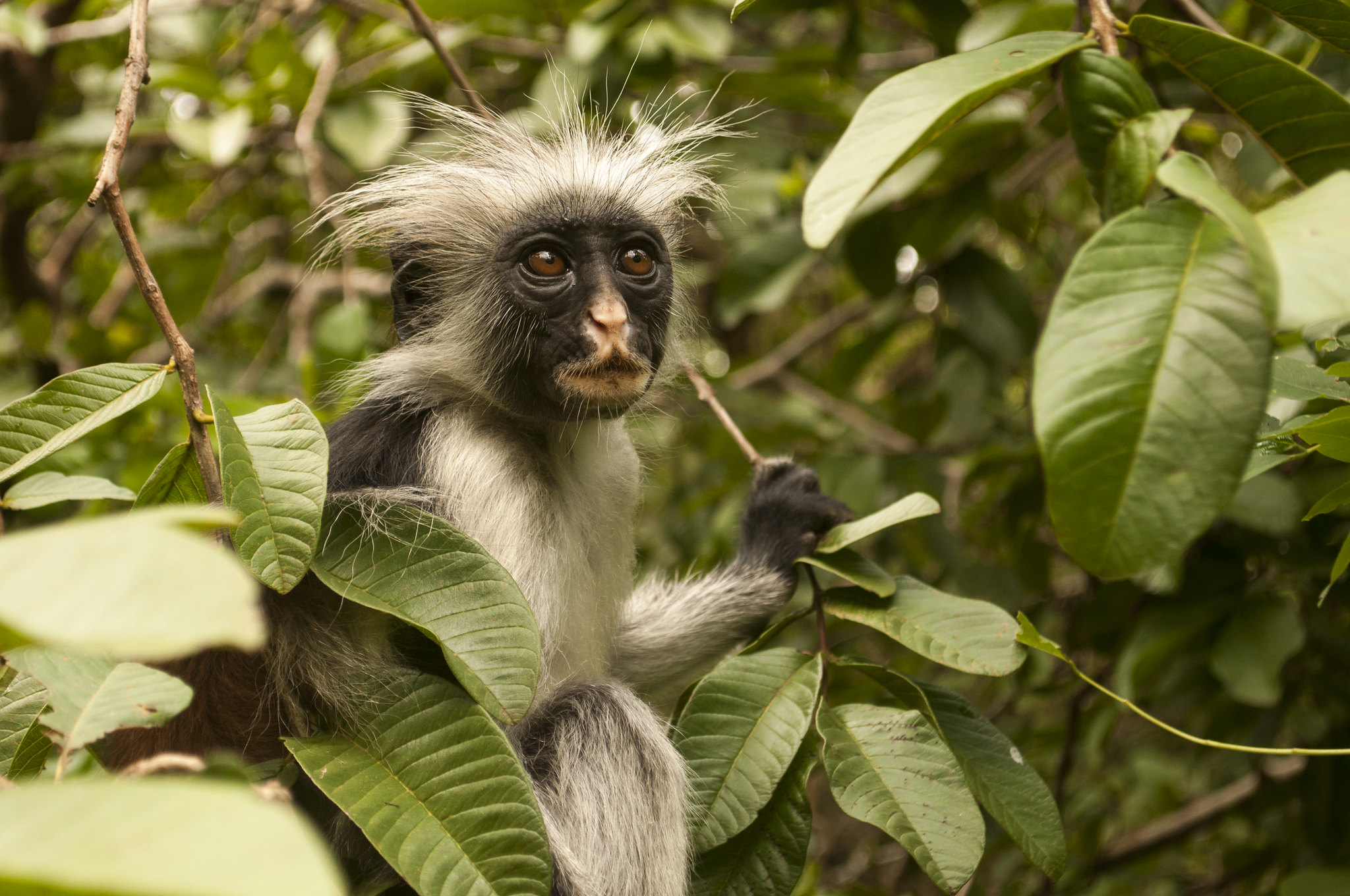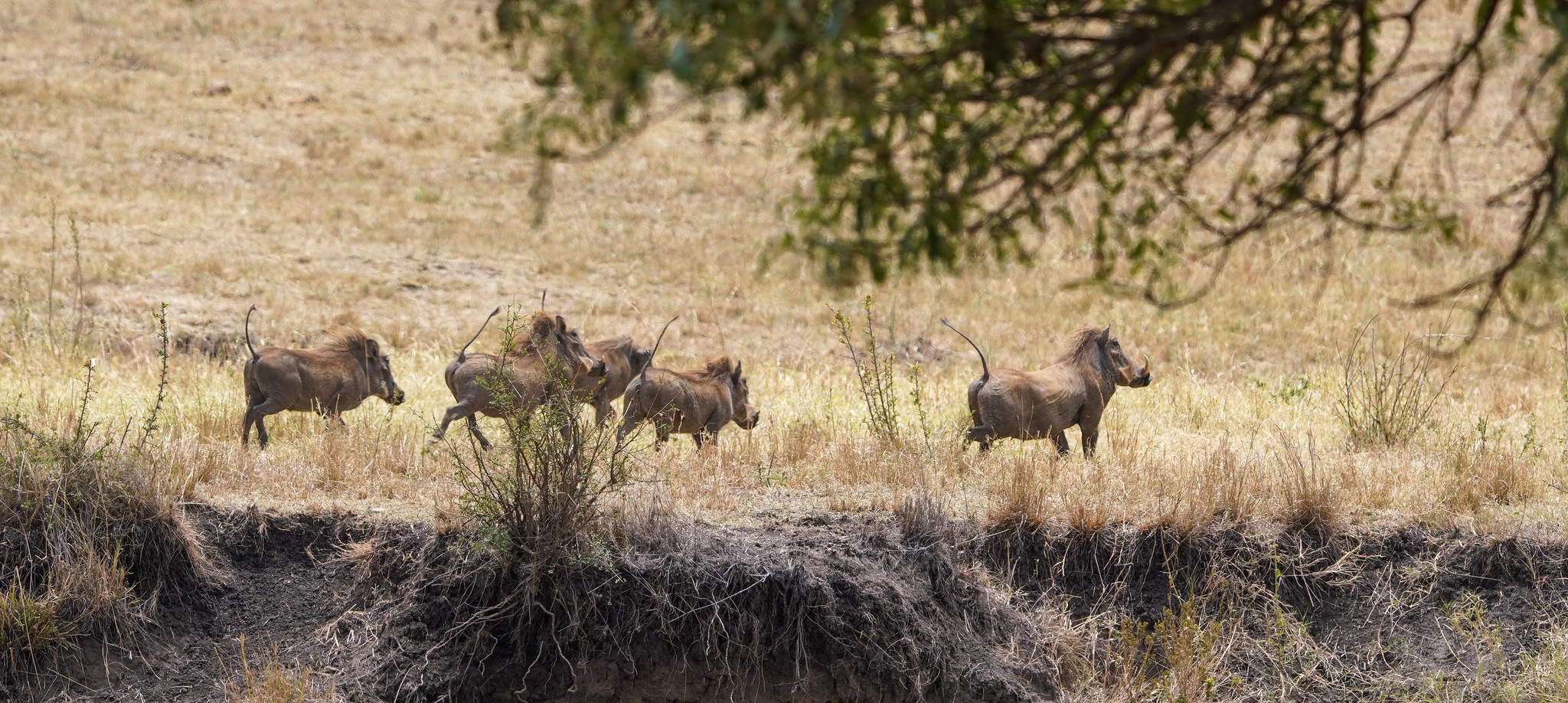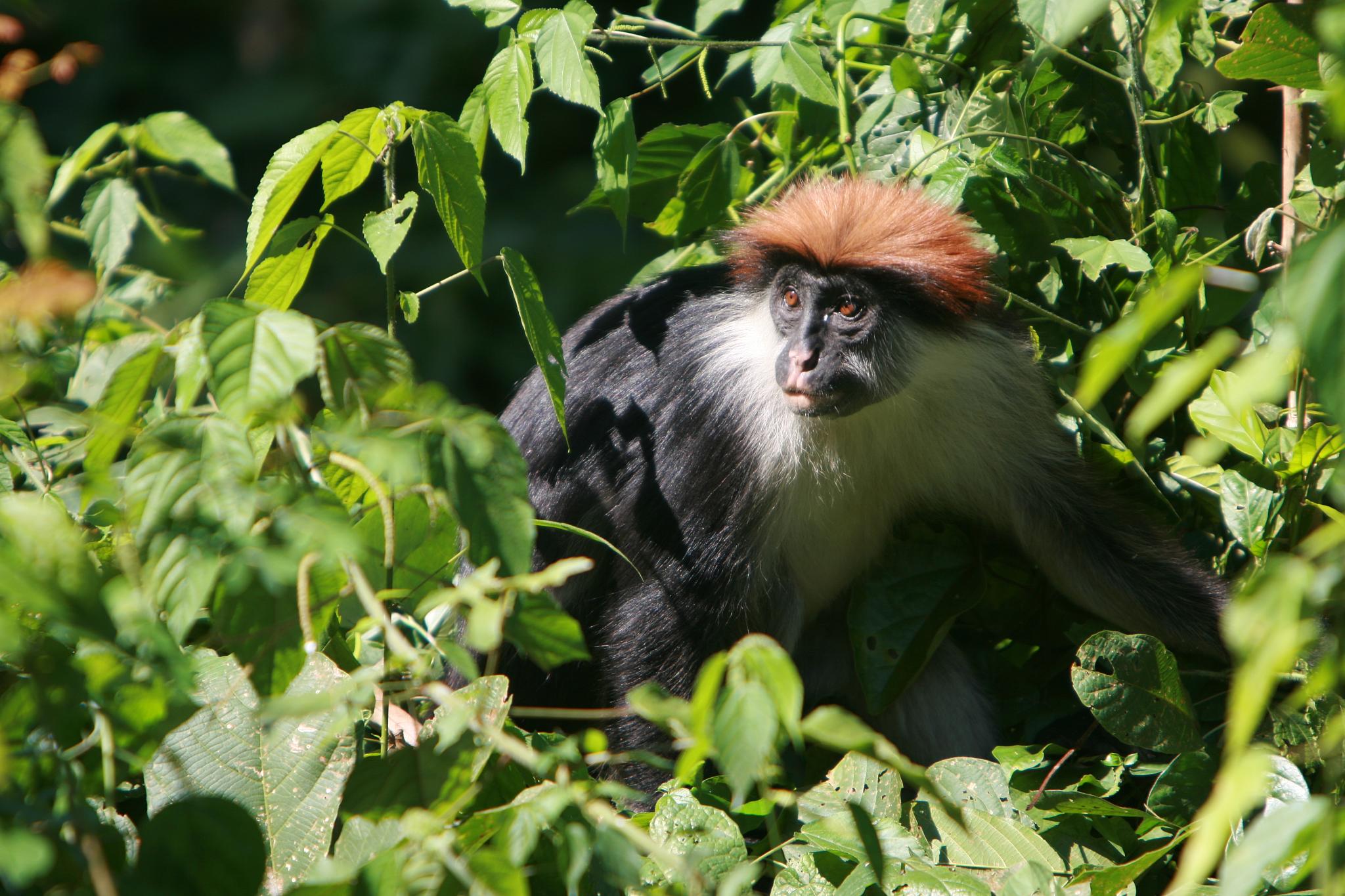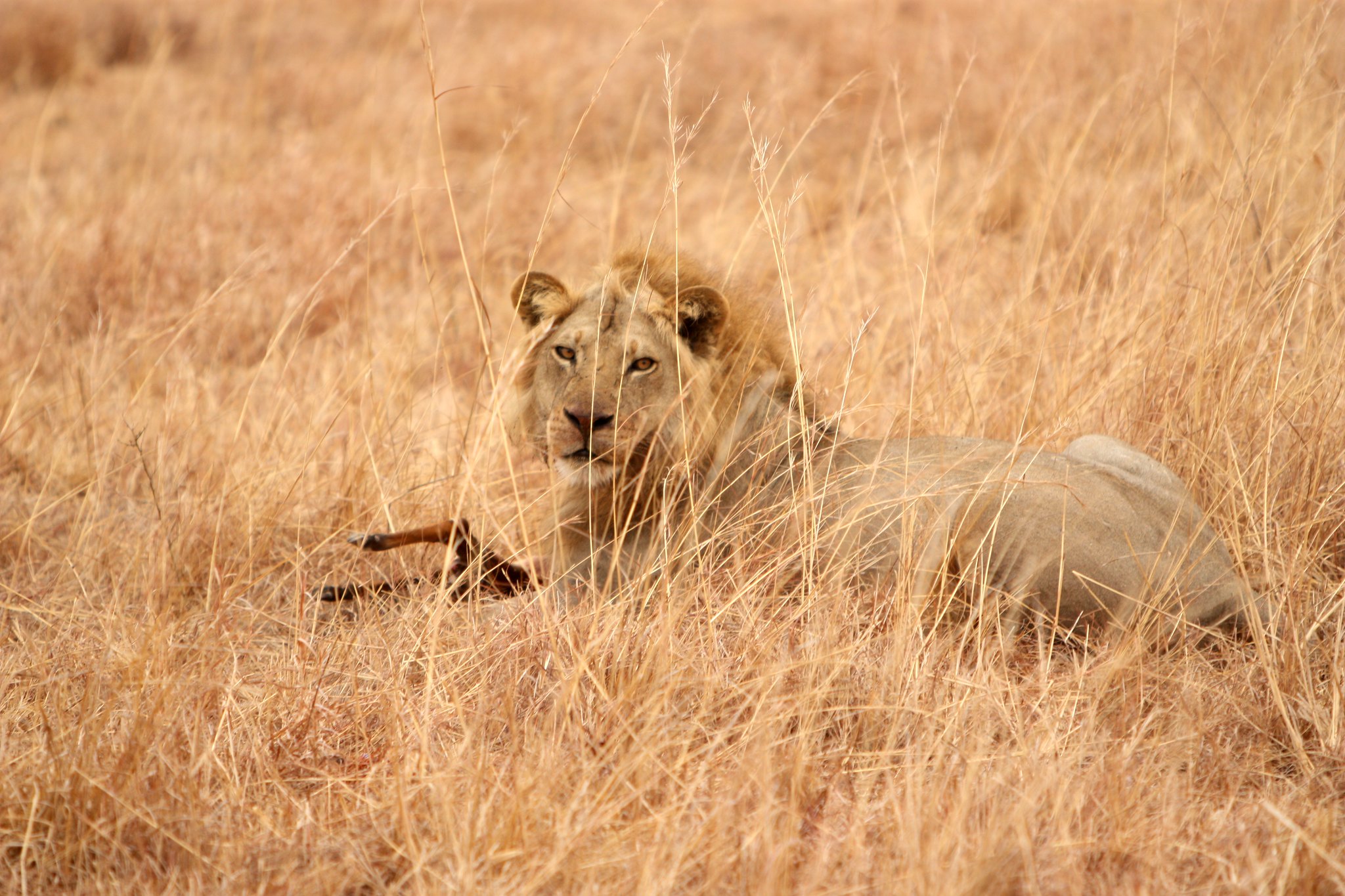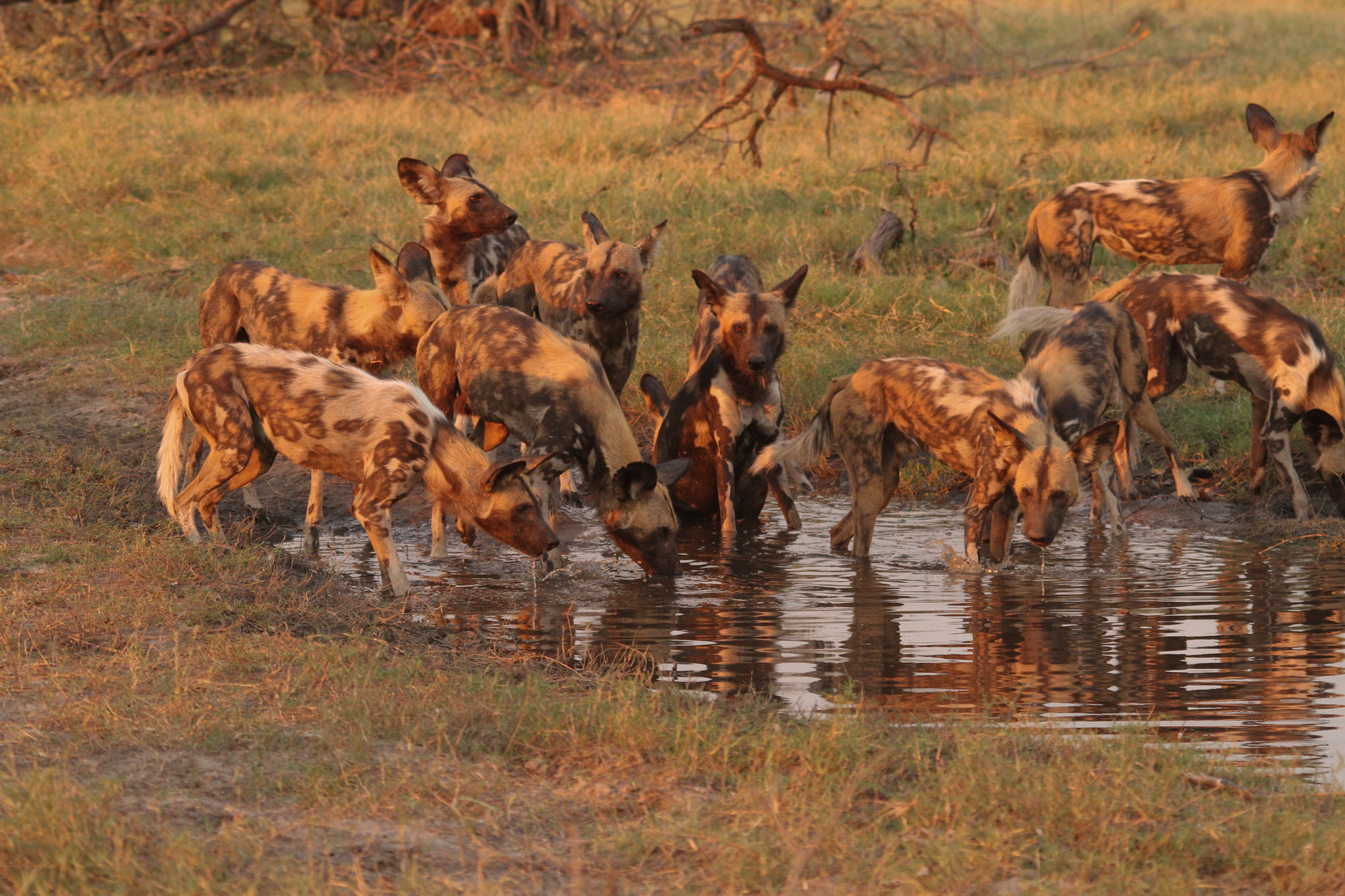Selous Game Reserve has an area of more than 45,000 sq km, larger than many European countries, Selous is the largest game reserve in Africa. It is part of an extensive 155,000sqkms Selous Niassa ecosystem of uninhabited miombo woodland that extends between southern Tanzania and northern Mozambique. The reserve and the greater ecosystem lie at the core of the greatest surviving African wilderness, which supports a healthy and large wildlife population.
Selous ranks as one of East Africa’s most alluring and satisfying safari destinations. With a mere handful number of lodges in a vast 50,000sqkms wilderness, Selous offers one of Africa’s remotest, wildest, and untrammeled wilderness.
The reserve’s natural vegetation mostly consists of miombo woodland and is bisected into two disproportionate parts by Tanzania’s largest river- Rufiji, which runs through the reserve from west to east. Numerous narrow streams connect the Rufiji River to 5 pretty small lakes, and these are the areas that provide the best game-viewing opportunities in the dry months.
Besides the normal species, Selous is also famous for offering the unique opportunity of viewing rare and endangered species in large numbers. Mammals such as the African wild dog and the black Rhinoceros, which are completely extinct in other parks and very few in some, are found in healthy numbers in Selous. Another interesting feature of Selous compared to other parks in Africa is its lions. Not only do they have darker coats and less hirsute manes compared to their counterparts elsewhere in East Africa, but they evidently rely on an unusual opportunistic diurnal hunting strategy making Selous the best place for witnessing a lion kill.
Game Concentration
Wildlife in Selous is abundant and the areas by the river and small lakes provide the best viewing opportunities in the dry months. With elephants, buffalo, giraffes, zebras, and other antelopes numbering in the thousands, game-viewing activities are full of excitement and very rewarding.
Large predators include lions, leopards, wild dogs, and spotted hyenas. Other mammals include elephant, buffalo, giraffe, zebra, sable, roan, impala, bushbuck, waterbuck, wildebeest, greater kudu, puku, hartebeest, and eland. The rivers are full of hippos and crocodiles.
Selous also supports an abundant birdlife population. Some prominent species include yellow-billed stork, white-crowned and spur-winged plovers, various small waders, pied and malachite kingfishers, African skimmer, fish eagle, palm-nut vulture, carmine and white-throated bee-eater, trumpeter hornbill, purple-crested turaco, Malagasy squacco heron, and fishing owl.
Time to visit
Selous is practically impossible for game drives in the rainy season and some areas of the reserve are completely inaccessible. All the lodges close down their operations in the months of March and reopen in June. The best time to visit Selous is in the dry season between June and February.
Activities
Besides the normal game drives in 4×4 vehicles, the most interesting and equally rewarding activity are the boat rides along the Rufiji River. The gigantic crocodiles, the skull of hippos, the characteristic water birds along the river, and the herds of elephant, buffalo, and giraffes coming down for water together with a brilliant red sun setting behind the tall palm and baobab trees as a backdrop, makes these boat rides one of the most exciting experiences of your Selous safari.
Other activities include Hunting, guided walks with armed rangers close to nature and fly camping, which gives you the unique experience of sleeping next to the river and lakes and where the only thing that separates you from the close by hippo, crocodile, and lion- is a mosquito net!.
Accessibility
Selous is very accessible nowadays from most of the tourist points in Tanzania. Though the most convenient and viable way is flying, one can also reach the reserve by driving or by using the Tazara railway line. There are a number of short airstrips in the different parts of the reserve where light aircraft can land. A number of small aircraft operators provide daily schedules to Selous from Dar es Salaam, Zanzibar, Arusha, and other national parks.
Duration
Considering the logistics of the park, the important attractions, and the game viewing opportunities we suggest you spend at least 3 nights in Selous. This should provide you ample time to cover most of the important areas in the reserve. However, for those interested in fly camping and walking safaris, a few extra days will prove to be a good investment.
Recommendation
Selous definitely stands out amongst the game reserves that Africa has to offer in terms of abundant wildlife and untrammeled wilderness. And the fact that it is easily accessible from practically any tourist point in Tanzania, should make Selous a must-place to visit in your Tanzania safari program. A few days in this reserve will give you a very different experience of what Africa, out of its unlimited natural resources, can offer. This is indeed one destination that will prove to be worth every penny you spent.


